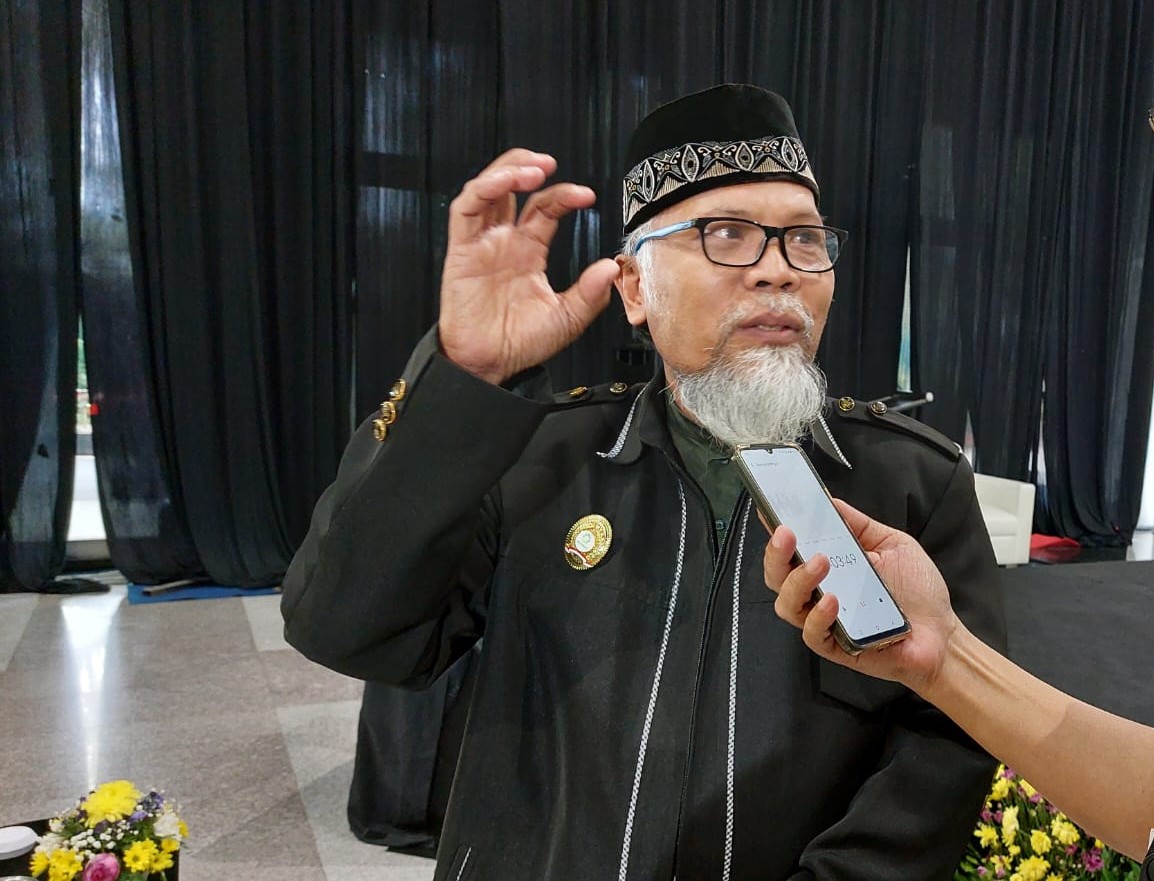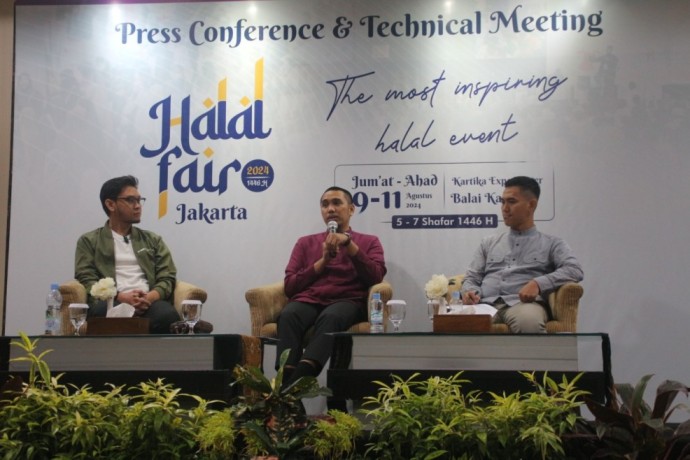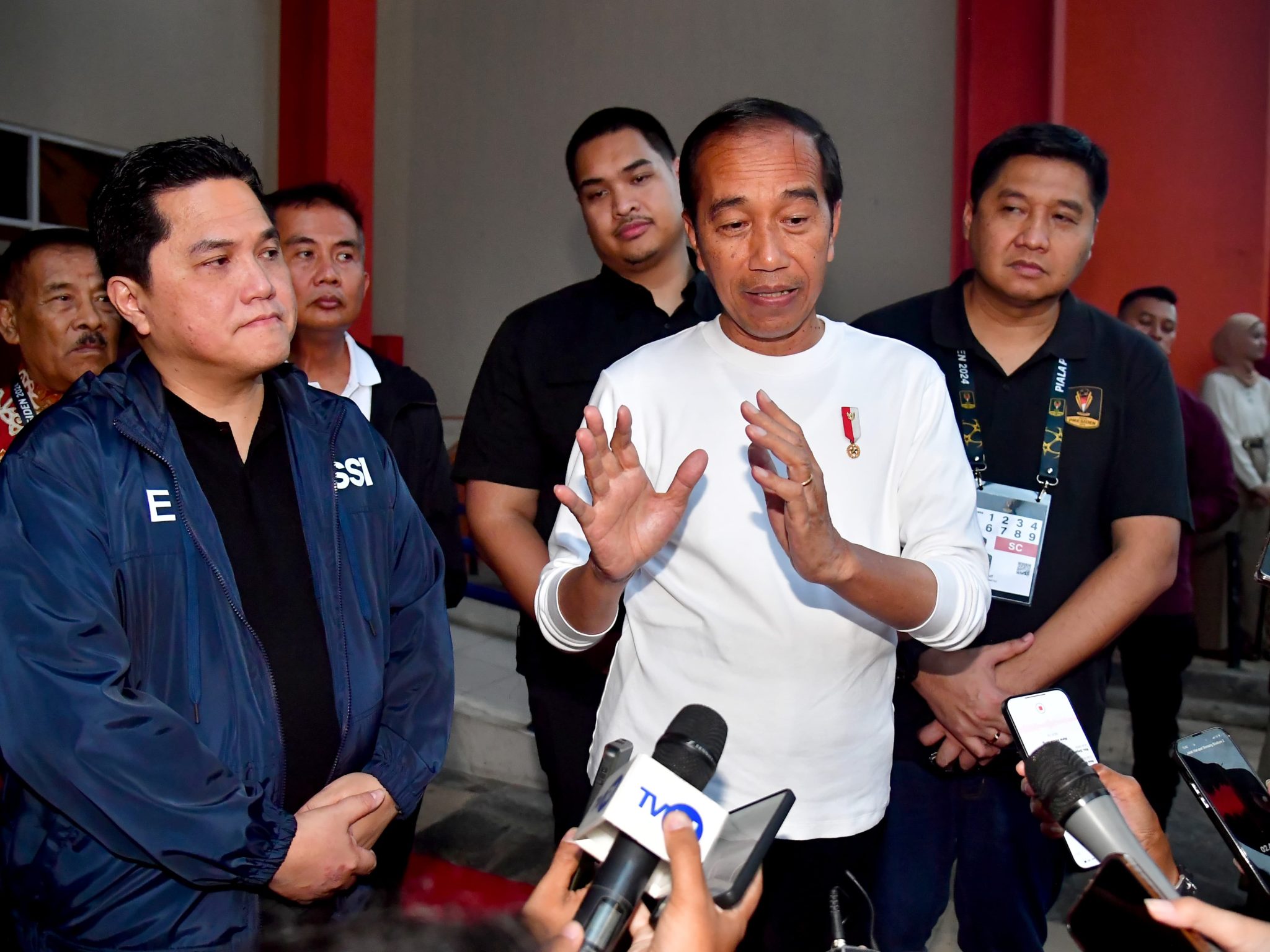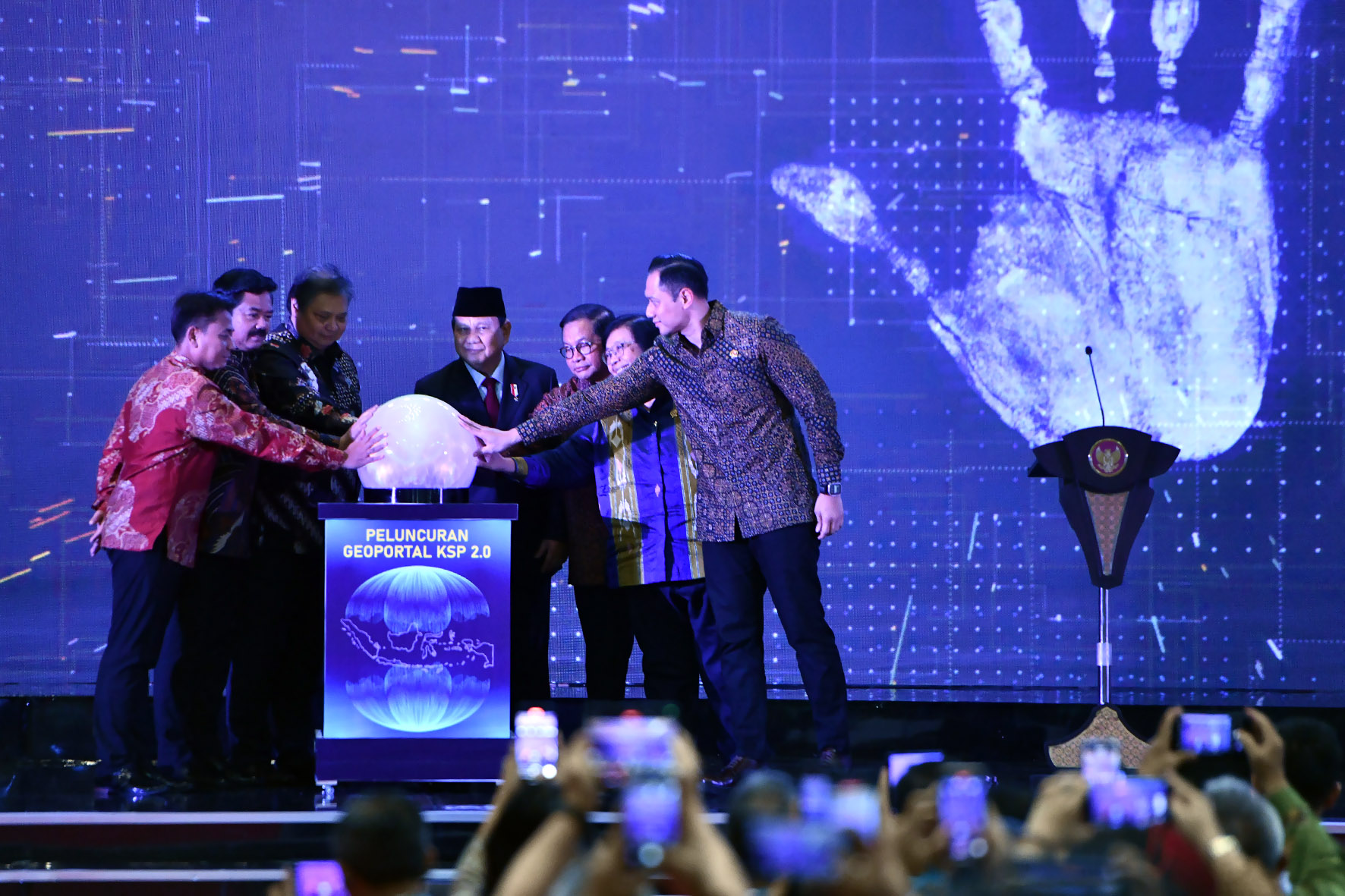Sharia cooperatives with professional management provide welfare for members

Sharia cooperatives that are managed professionally without usury practices will be able to grow and develop with increasingly greater income through various forms of real business investments.
Jakarta (Indonesia Window) – Cooperatives are a form of financial institution, but their popularity and role in society is still lagging behind banking businesses.
Chairman of the Indonesian Sharia Cooperative Association (Aksyindo) Sutjipto said in a discussion entitled ‘Practical Ways to Establish and Manage Sharia Cooperatives as a Capital and Financing Solution for Micro Businesses’, held at the Halal Expo Indonesia (HEI) here on Sunday.
“Banks are seen as more bona fide, while cooperatives are mostly still side businesses of large corporations with a number of problems, such as low employee salaries and late payments,” he said in the discussion with moderator Nanang Suriyana, acting chairman of the Bogor Chapter of the Indonesian Muslim Entrepreneurs Community (locally known as KPMI).

However, Sutjipto continued, people prefer cooperatives over banks to obtain loans because the procedures are relatively easy and fast.
In fact, he added, cooperatives are able to grow and develop with increasingly greater income through various forms of real business investments if they are managed professionally by managers, supervisors and employees.
“Cooperatives are a collection of people, while banks are a collection of capitals. The problem in managing cooperatives is that members make small deposits but borrow a lot,” he said.
Sutjipto gave an example of one of the success stories of cooperatives in Indonesia, namely Arrahmah cooperative which is managed with Islamic sharia principles.
Arrahmah, which was founded in South Kalimantan province 12 years ago, engaged in investments that are free from all forms of usury practices which are prohibited by Islamic law.
“Initially Arrahmah only had 20 members, with mandatory savings of 25,000 rupiahs per month per person, and 100,000 rupiahs for principal savings, as well as assets worth 29 million rupiahs,” he explained, noting that now the cooperative has at least 2,500 members with a transaction value sale of eight billion rupiahs, capital of 1.6 billion rupiahs, and assets worth around 900 million rupiahs.
However, Sutjipto did not deny the possibility that cooperative would lose. “The retained earnings could decline, especially due to among other things the pandemic or members withdrawing their investments in large amounts, or bad credit,” he said.
The most important action that cooperative managers should do when dealing with this situation is to remain professional and always prioritize members’ rights.
“Founders, managers, supervisors and employees are also members, so cooperative management must always be open, one of which is through the Annual Member Meeting mechanism,” he stressed.
For debt and receivable services, Arrahmah always provides payment deadlines, and can even provide debt write-off services without usury, fines or confiscation of assets.
“We always maintain good relations with members, hoping that if they are financially capable, they will immediately pay off their debts and invest again,” he explained.
With a number of achievements, Arrahmah sharia-based cooperative, which operates in the buying and selling business sector, has received Siddhakarya award from the government for its productivity.
*1 U.S. dollars = 15910.70 rupiahs
Reporting by Bambang Purwanto










